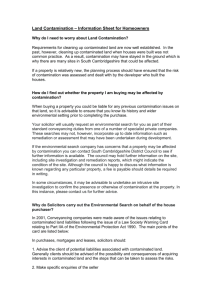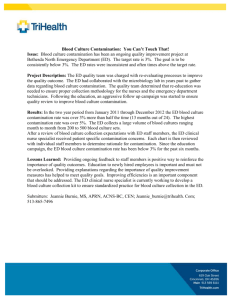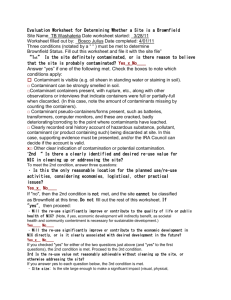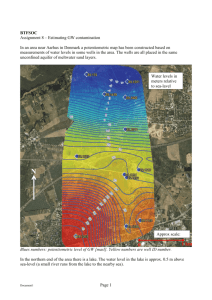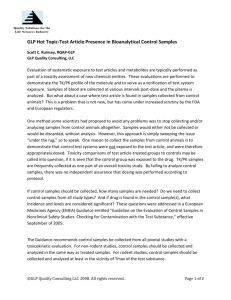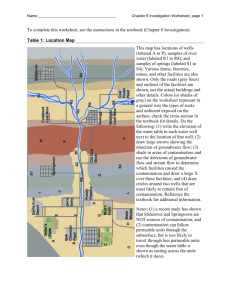Examples of exam topics
advertisement
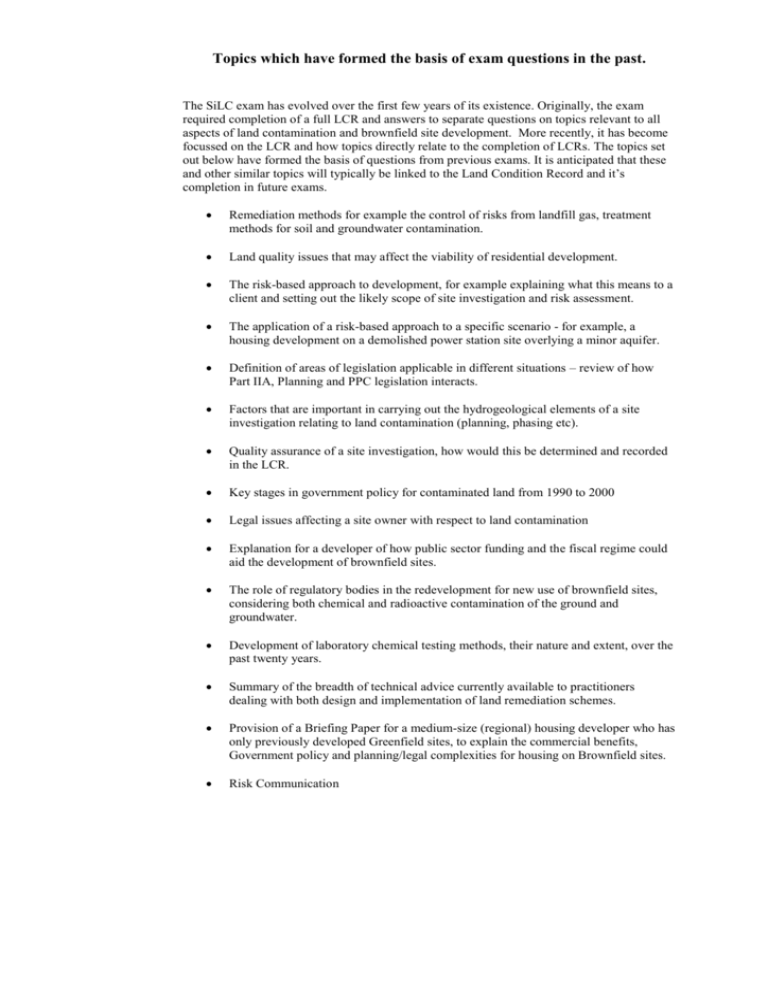
Topics which have formed the basis of exam questions in the past. The SiLC exam has evolved over the first few years of its existence. Originally, the exam required completion of a full LCR and answers to separate questions on topics relevant to all aspects of land contamination and brownfield site development. More recently, it has become focussed on the LCR and how topics directly relate to the completion of LCRs. The topics set out below have formed the basis of questions from previous exams. It is anticipated that these and other similar topics will typically be linked to the Land Condition Record and it’s completion in future exams. Remediation methods for example the control of risks from landfill gas, treatment methods for soil and groundwater contamination. Land quality issues that may affect the viability of residential development. The risk-based approach to development, for example explaining what this means to a client and setting out the likely scope of site investigation and risk assessment. The application of a risk-based approach to a specific scenario - for example, a housing development on a demolished power station site overlying a minor aquifer. Definition of areas of legislation applicable in different situations – review of how Part IIA, Planning and PPC legislation interacts. Factors that are important in carrying out the hydrogeological elements of a site investigation relating to land contamination (planning, phasing etc). Quality assurance of a site investigation, how would this be determined and recorded in the LCR. Key stages in government policy for contaminated land from 1990 to 2000 Legal issues affecting a site owner with respect to land contamination Explanation for a developer of how public sector funding and the fiscal regime could aid the development of brownfield sites. The role of regulatory bodies in the redevelopment for new use of brownfield sites, considering both chemical and radioactive contamination of the ground and groundwater. Development of laboratory chemical testing methods, their nature and extent, over the past twenty years. Summary of the breadth of technical advice currently available to practitioners dealing with both design and implementation of land remediation schemes. Provision of a Briefing Paper for a medium-size (regional) housing developer who has only previously developed Greenfield sites, to explain the commercial benefits, Government policy and planning/legal complexities for housing on Brownfield sites. Risk Communication
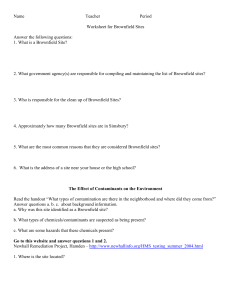
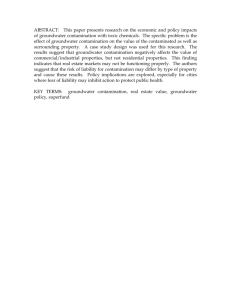
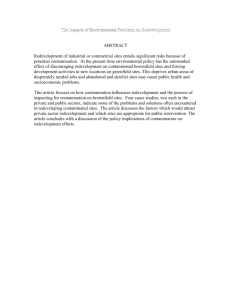
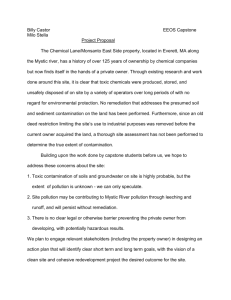
![Car Wash - Teachers [] - Carnegie Mellon University](http://s3.studylib.net/store/data/007759052_2-dc7f9f6e7ee8d5936ad1af830ebd5069-300x300.png)
